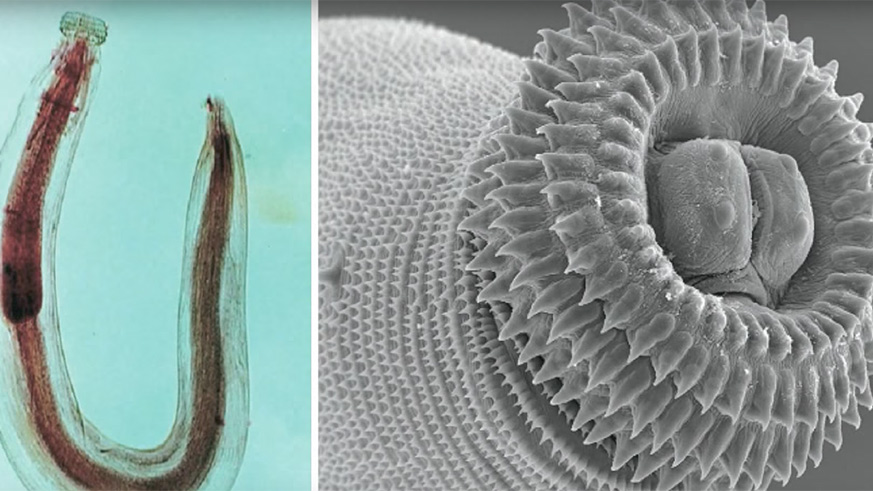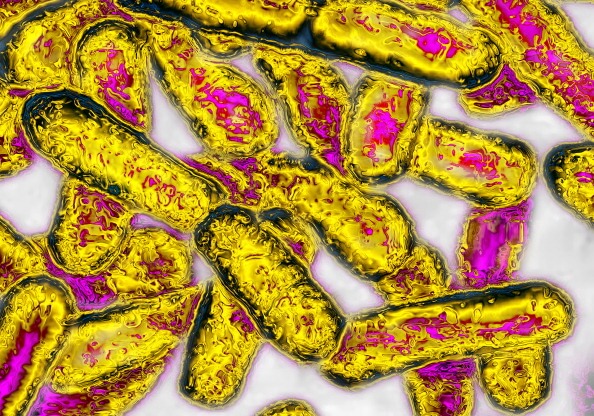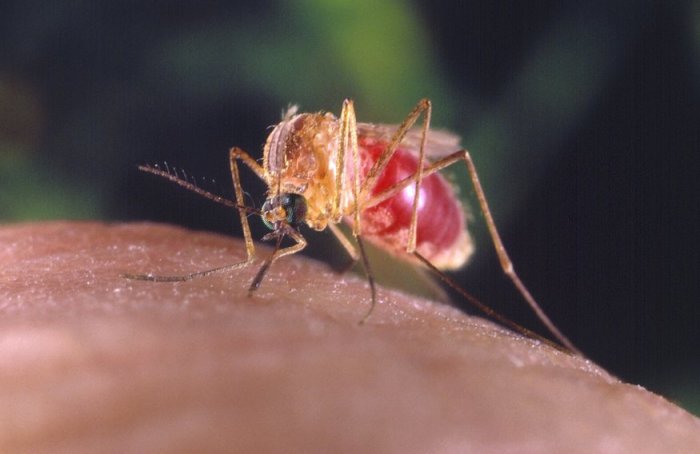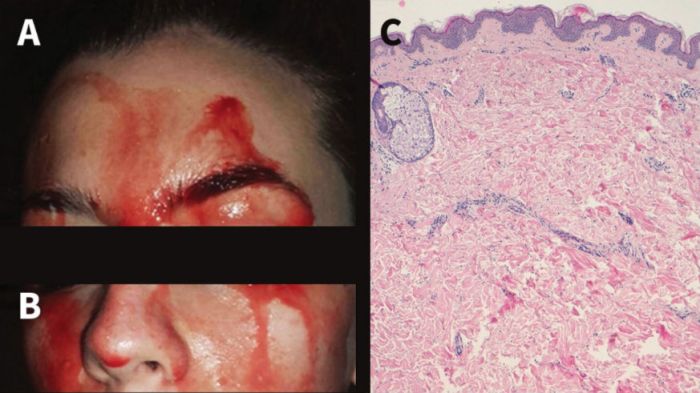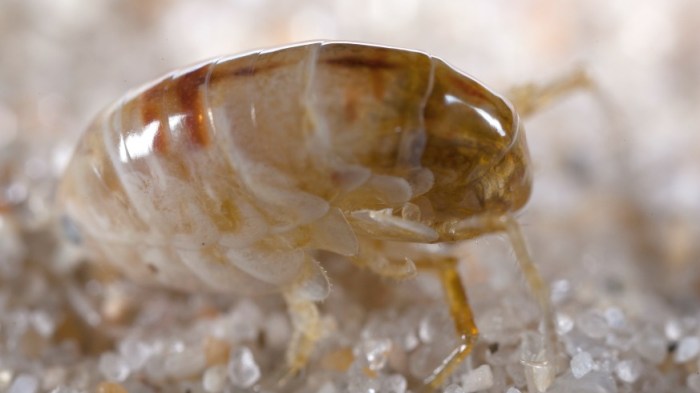A teenager from Australia had flesh-eating bacteria living in her body for six years without knowing exactly what was happening to her.
Carly Goff became sick after she and her family’s trip to Fiji six years ago. During the trip, she ate undercooked fish that was contaminated bacteria.
“I was so sick and I was in so much pain,” she told 7 News Perth. “Burning feet, burning face. It feels like an acid-like burning. I’ve also got tearing muscles, so it feels lime my muscles are being torn to shreds.”
After several years of tests, she discovered the parasitic, flesh-eating bacteria or worm that was tearing her body to shreds is called Gnathostomiasis.
According to the Center for Disease Control and Prevention (CDC), Gnathostomiasis is a potentially deadly disease that is most commonly found in Asia, in South and Central America and in some areas of Africa. The parasite is found in undercooked fish.
“It can invade any organ system, it can go through your lungs, it can go through your brain, even get into your bladder, your liver, anywhere,” said Dr. Bernard Hudson, a travel health expert at Royal North Shore Hospital in North Wales to 7 News Perth.
After living with excruciating pain for years, the parasite eventually became visible under her hand under her skin.
“It has teeth, it moves around by chewing through tissues and muscles, and destroys wherever it goes,” Goff told 7 News Perth.
Since being diagnosed, Goff is being treated with worm tablets, which will starve the worms inside her body, eventually killing them off.
Seven News Perth reported she is in good health and is recovering.
Goff wanted to share her story to let people know to be mindful of what you eat and drink when traveling. Also, if you’re planning to eat fish, make sure it is cooked properly.
Teen lives with flesh-eating bacteria, Gnathostomiasis
An Australian teenager has had a flesh eating parasite living in her body for six years. pic.twitter.com/ugJMnOzhP0
— 7 News Perth (@7NewsPerth) October 24, 2017

